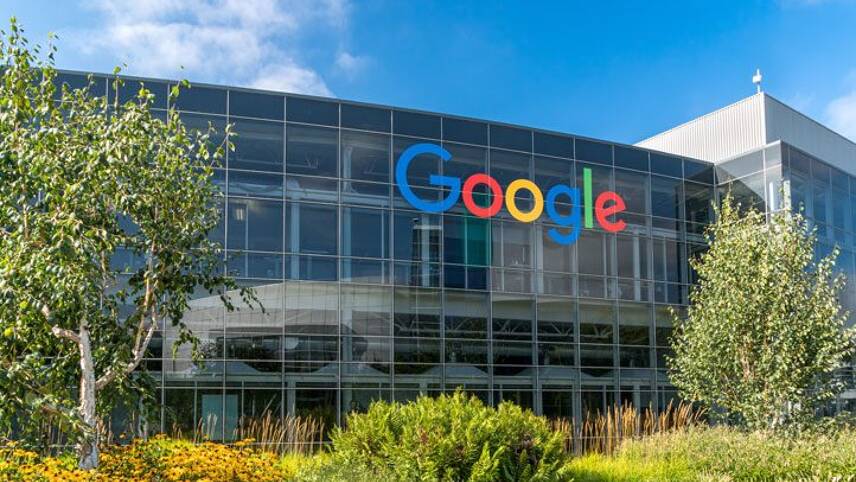Register for free and continue reading
Join our growing army of changemakers and get unlimited access to our premium content

The two businesses join forces with the hundreds of other companies signed up to each initiative
Google and Polestar have today (15 June) confirmed that they have joined the Exponential Roadmap Initiative and the Race to Zero campaign. These commitments will see the businesses attempt to halve emissions by 2030 and then work towards a net-zero value chain.
In joining Race to Zero, corporates commit to setting more ambitious targets in line with climate science and to using their reach to encourage climate action across their networks. This includes suppliers, customers and their respective sectors. FTSE100 signatories represent a range of sectors, from retail (Sainsbury’s, Tesco, JD Sports), healthcare (AstraZeneca), telecommunications (BT, Vodafone), the built environment (British Land) and consumer goods (Unilever).
According to the UK’s COP26 unit, FTSE100 signatories to Race to Zero represent a total market capitalization of £650m. This is before smaller businesses, non-listed firms and businesses covered by industry collaborations, like Water UK’s net-zero by 2030 roadmap, are accounted for.
Google’s sustainability officer Kate Brandt said: “Climate change is the biggest risk we face as a society. At Google, we see a challenge as an opportunity to solve it. Now we’ve taken on a new moonshot – by 2030 we aim to be the first major company to operate 24/7 on carbon-free energy. Building a carbon-free future for all won’t be easy, so we look forward to collaborating with other leaders and innovators in the Exponential Roadmap Initiative and the UN Race to Zero.”
Exponential Roadmap
In September, Ikea, Unilever, BT, Ericsson and Telia were named among the founding corporate members of the 1.5C supply chain leaders, which is a project created by the Exponential Roadmap Initiative and supported by the We Mean Business coalition and was created as part of the Race to Zero campaign.
Since then, the likes of technology giant Telefónica, food manufacturer Nestlé and waste management firm Ragn-Sells have all joined the initiative. Corporate members represent a combined turnover of €284bn and will aim to drive decarbonisation across their value chains in line with the highest levels of climate action.
The scheme binds the companies to bolster their long-term goals. It requires signatories to halve their supply chain emissions by 2030 – reporting annually on progress – and to make climate-related targets and performance a key part of purchasing criteria and contracts within 12 months. Signatories will share best-practice advice in a pre-competitive manner to help drive progress.
The ultimate aim of the initiative is not to ensure that a handful of businesses lead on supply chain decarbonisation, but to inspire and enable ambitions and actions across the private sector which are aligned with climate science. As such, the initiative has also launched an SME Climate Hub – a platform that will provide smaller businesses with information and tools centred around lowering emissions and building resilience.
Polestar’s chief executive Thomas Ingenlath said: “We listen to the latest science, which tells us that we are not moving fast enough to stay within the 1.5C target. The automotive sector can have a profound effect and we have to step up. The partnership with the Exponential Roadmap Initiative will give us the opportunity to collaborate on climate strategies with companies who share our level of ambition. We also hope to use this platform to influence decision makers and climate policy.”
The Exponential Roadmap Initiative has also helped develop a spin-off 1.5C Business Playbook that acts as a guideline for companies of all sizes to align with the 1.5C ambition.
Polestar is notably aiming to create the first ‘truly’ carbon-neutral car by 2030, by reducing emissions across the value chain and without relying on offsetting. As for Google, the company achieved carbon neutrality and has matched its electricity consumption with 100% renewables since 2017. Google has more than halved its Scope 1 (direct) and 2 (power-related) emissions over the last decade.
Matt Mace


Please login or Register to leave a comment.